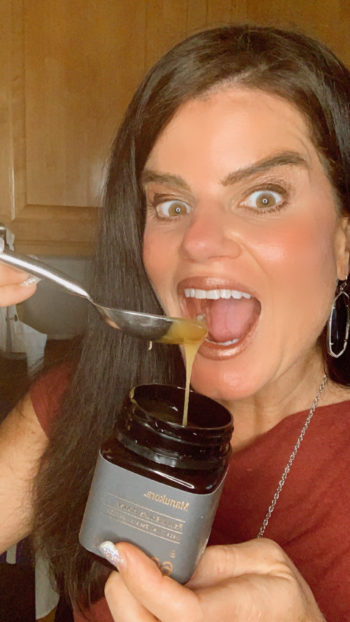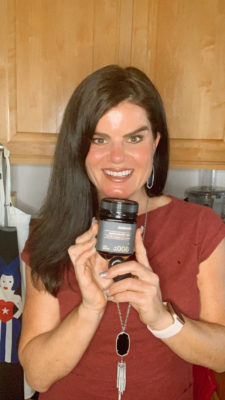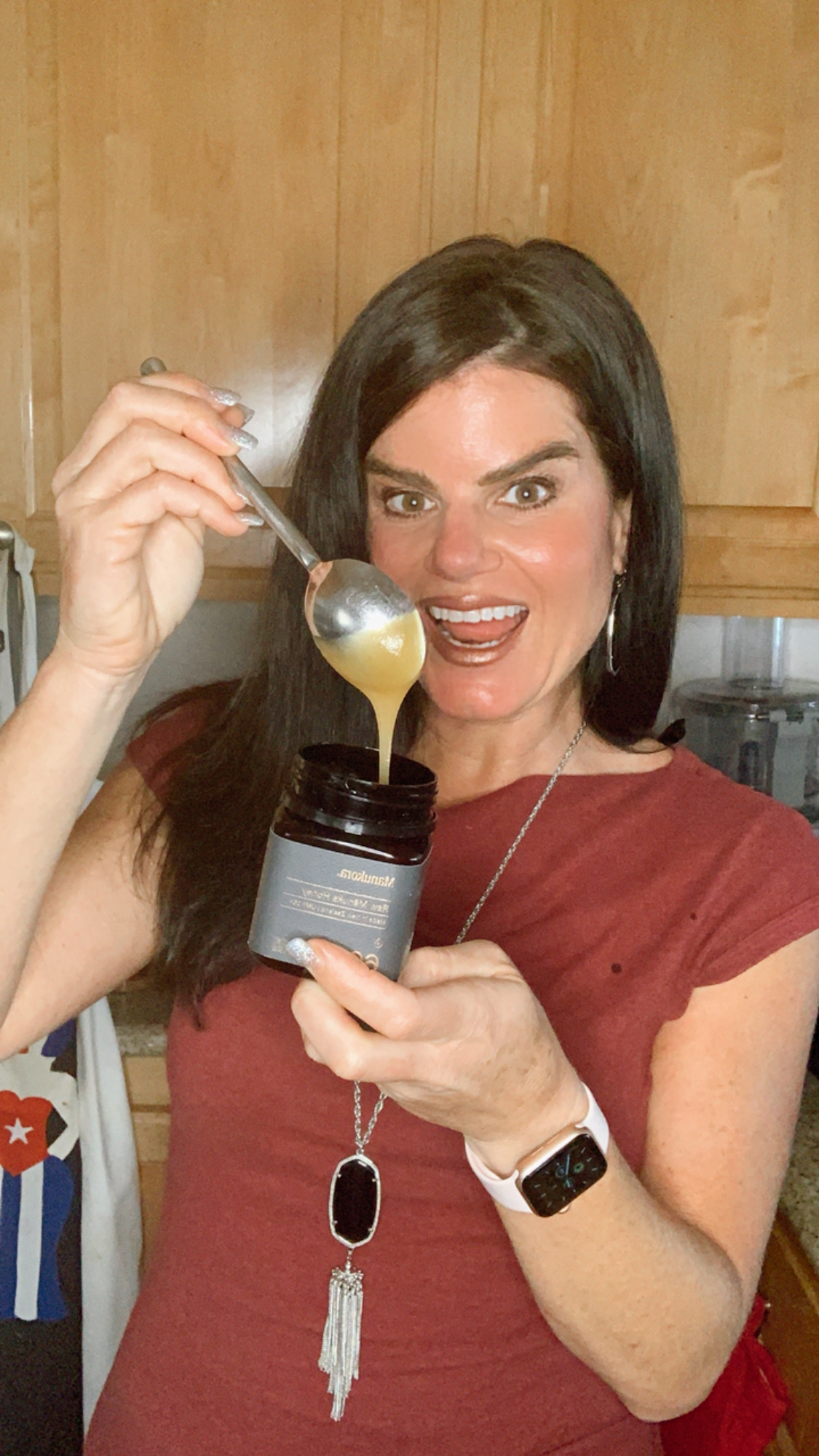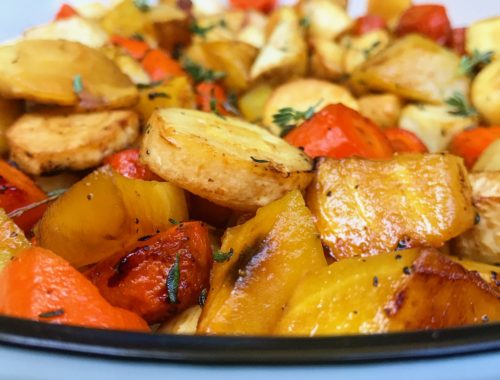
Manukora Honey-Sweetening Your World In The Most Natural Way Possible

Have you heard of Manuka honey before? Until I started my nutrition and wellness journey as a dietitian, I had not. I first read about manuka honey on social media platforms. Manuka honey was highly endorsed by yogis and naturopathic health gurus alike. Some of these people made this honey sound like a magical potion.
I finally encountered the honey at a fancy health food store. I immediately had sticker shock. Who is paying 20-60 dollars for a jar of honey? Is it worth that price?
What exactly is Manuka Honey?
Manuka honey is made in both Australia and New Zealand. Bees pollinate a bush called leptospermum scoparium (more commonly known as a tea tree). This creates a honey that is more potent than standard honey.
Manuka honey has a high amount of an antibacterial compound called methylglyoxal (MGO). This aids in this particular honey’s antibacterial effects. The higher the MGO, the stronger the antibacterial effects of this honey. MGO does come from another compound called dihydroxyacetone (DHA). DHA is found in the nectar of the tea tree bush.
Another rating for the potency of manuka honey is called the Unique Manuka Factor (UMF). This reflects the total concentration of MGO, DHA and leptosperin found in the honey. The honey needs a rating of 10+ to be considered therapeutic.
What are the benefits of Manuka Honey?
As a honey that is antibacterial and bacteria resistant, manuka is a specialized honey. It has a variety of benefits attached to its internal AND external use.
Internally, manuka honey aids in sore throats and digestion. To reap the benefits, add 1-2 tablespoons of it to your food each day. You can consume it plain as well. It can help soothe your throat when you are sick. If you are not sick, manuka honey can help boost your immune system. In regards to digestion, this honey is great on toast, in yogurt or in tea.
However, manuka honey still has a high sugar content and if you have issues with your blood sugar, speak with your doctor first. Also, do not ingest manuka honey if you are allergic to bees!
Externally, Manuka honey aids in wound and burn healing. Smaller cuts and scrapes heal most readily. Anything large or needing stitches should be checked by a doctor. Manuka honey also helps treat eczema and other acne. While reports of successful wound and skin treatment with manuka honey are numerous, more research is still ideal.
What should I look for when buying Manuka Honey?
Manukora sources their honey from some of the most remote locations in New Zealand. I was gifted a few of their products, which are listed here. Remember when you purchase manuka honey that it is meant to be therapeutic. Unlike some honey, manuka honey is not meant to be used for cooking. MGO can be destroyed by high heat, defeating the purpose for its use.
Manukora’s manuka honey is non-GMO and sustainably sourced. Manukora is also MGO certified and 100 percent traceable. Manukora has sequential traceability for each and every product they sell. You can be sure your jar is authentic because of the unique code on the lid. With so many opportunities for scams and counterfeit goods on the internet, it is nice to know this is a product you can trust. You can read more about this product’s traceability and here.
Manukora’s brand is glyphosate residue free. Glyphosate is an herbicide that kills weeds. It is heavily used in GMO agriculture and conventional growing. Plants absorb both nutrients and chemicals from the ground they are grown in. Manukora has a zero tolerance policy. The company tests for pesticides and heavy metals to assure consumers that they meet regulatory requirements.
Manukora lets us know tell us exactly where the products come from and back it up with the traceability and trust codes. Plenty of brands use buzzwords to lure unknowing consumers into buying their products while delivering a faulty product. It is nice to find a brand that believes in transparency regarding their product and wishes to help create a healthier environment.

You May Also Like

CLASS PASS SERIES-Supraformer, Megaformer’s Daddy, Arrives!!
February 6, 2016
Honey Roasted Root Vegetables
September 11, 2018

